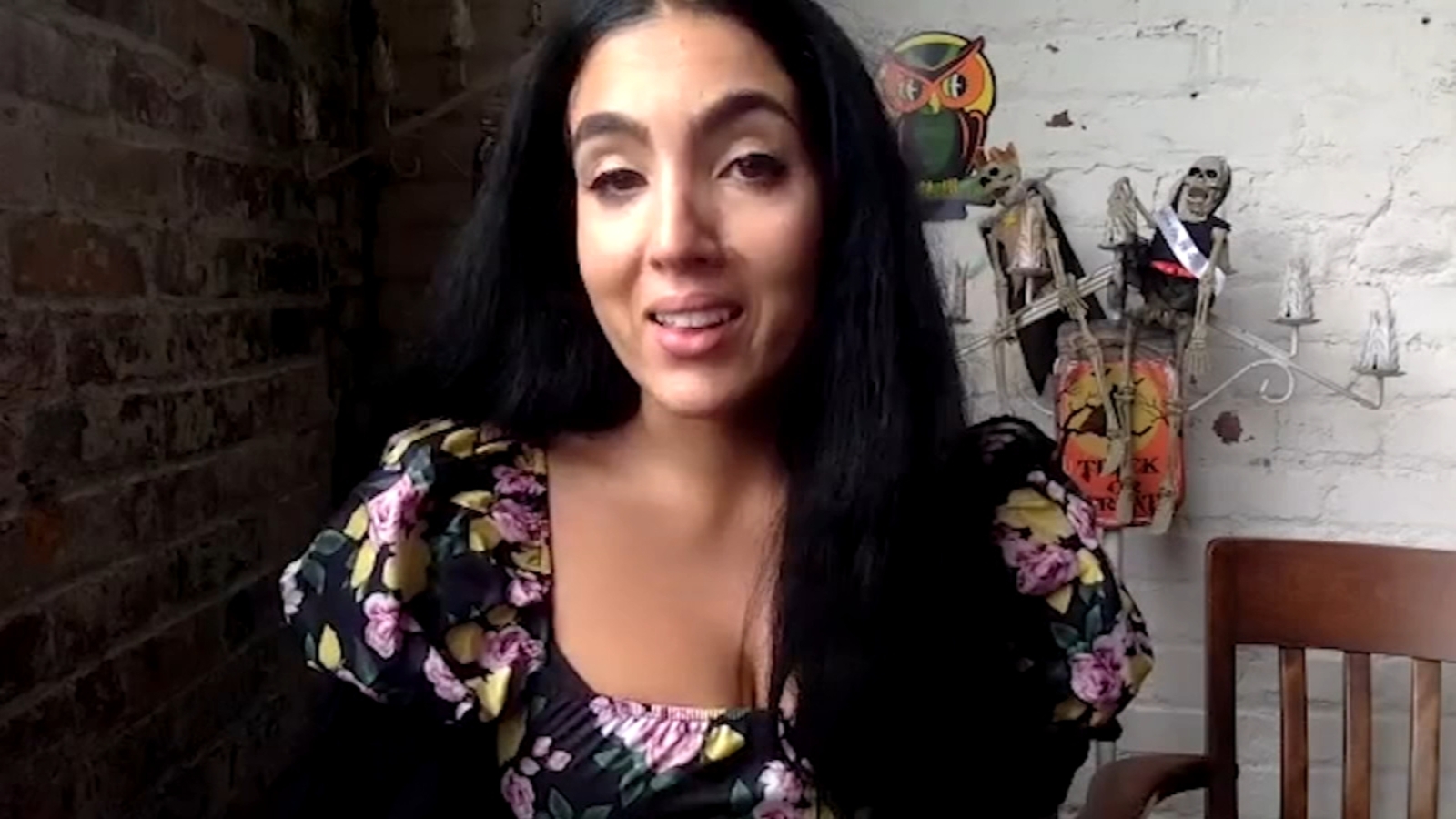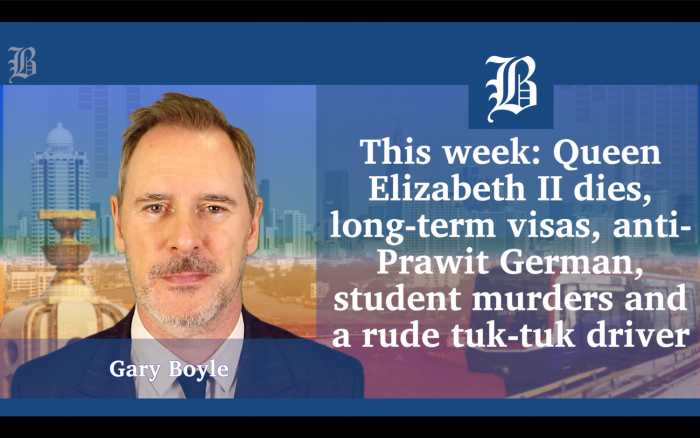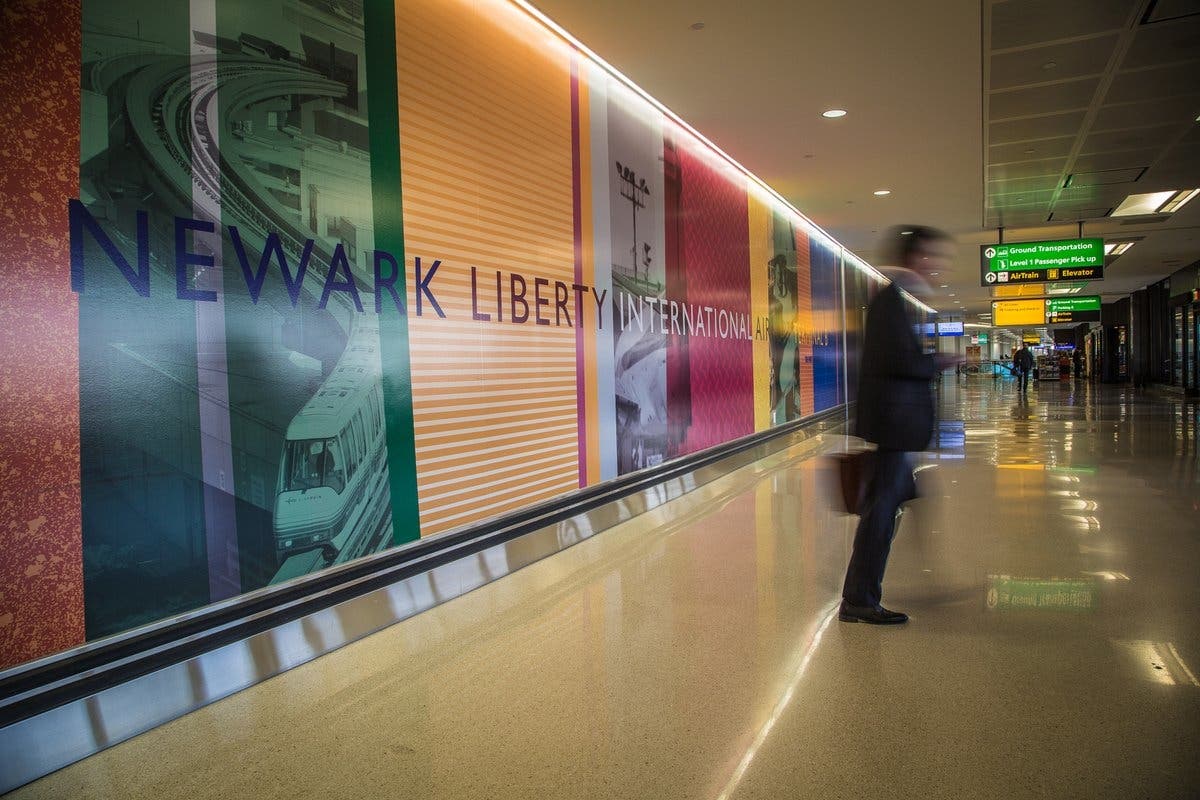The Unthinkable: A Family Torn Apart By A Racist Killing

Table of Contents
H2: The Devastating Impact on the Immediate Family
The loss of a loved one to a racist killing leaves an unfillable void. For the immediate family – parents, siblings, spouse, children – the impact is profound and multifaceted. The death of a family member is devastating in itself, but when that death is fueled by hate and prejudice, the wounds run deeper.
H3: The Loss of a Loved One:
The immediate impact is immeasurable grief and trauma. The family is faced with a sudden and violent loss, leaving them struggling to process their emotions. This grief is often compounded by the added weight of understanding that their loved one was targeted because of their race.
- Loss of financial support: The death can lead to immediate financial hardship, especially if the victim was the primary breadwinner.
- Emotional devastation: The family experiences intense emotional pain, including shock, disbelief, anger, sadness, and guilt. They may struggle with nightmares, flashbacks, and anxiety.
- Disruption of daily life: Daily routines are shattered, and the family may experience significant challenges in managing household responsibilities and childcare.
- Challenges in coping with grief: Grief counseling and support groups are often crucial but may not always be readily available or accessible.
H3: The Struggle for Justice:
Seeking justice after a racist killing adds another layer of complexity and trauma. The family is not only grappling with their grief but also navigating a potentially biased justice system.
- Dealing with police investigations: Families may experience mistrust of law enforcement, especially if they perceive the investigation to be inadequate or insensitive.
- Navigating the court system: The legal process is lengthy, arduous, and emotionally draining. Families may face numerous obstacles and delays in their pursuit of justice.
- Coping with media attention: Media coverage can be intrusive and insensitive, further traumatizing the family and potentially hindering the pursuit of justice.
H2: The Ripple Effect on the Extended Family and Community
The effects of a racist killing extend far beyond the immediate family. The tragedy ripples outwards, impacting the entire extended family and the wider community.
H3: Emotional Fallout Among Extended Family:
Aunts, uncles, cousins, and grandparents are also deeply affected by the loss. They share in the grief, offering support but often struggling with their own emotional burdens.
- Shared grief: The extended family experiences collective grief and trauma, exacerbating existing stressors within family relationships.
- Strain on family relationships: Grief can intensify existing tensions or create new conflicts within the family.
- Mental health challenges: The extended family may experience increased rates of anxiety, depression, and PTSD.
- Collective trauma: The community shares in the collective trauma, impacting social cohesion and trust.
H3: Community Response and Solidarity:
Community response to racist killings varies. While some communities demonstrate solidarity and support, others may experience division and resistance.
- Protests and vigils: Demonstrations and memorials can be powerful expressions of grief and a demand for justice.
- Fundraising efforts: Community fundraising helps the family cover funeral costs and other expenses.
- Community outreach programs: Support groups and mental health services are crucial in the aftermath of such a tragedy.
- Racial justice activism: The killing can ignite activism and demand for broader social and legal reform.
H2: The Broader Context of Racist Killings
Understanding the broader context of racist killings is crucial. These are not isolated incidents but symptoms of a larger problem of systemic racism and racial inequality.
H3: The Statistics and the Reality:
Statistics on hate crimes and racist killings paint a stark picture of the prevalence of racial violence. [Insert relevant statistics and sources here, linking to reputable organizations like the FBI, NAACP, etc.]. These numbers represent real lives lost and families devastated. The data underscores the urgent need for comprehensive action.
H3: The Need for Systemic Change:
Racist killings are not simply the acts of individuals; they are the result of systemic issues. Meaningful change requires addressing these systemic problems at their roots.
- Police reform: Addressing police brutality and racial bias within law enforcement agencies is paramount.
- Addressing systemic racism: Tackling institutional racism in areas such as education, housing, and employment is critical.
- Promoting racial justice: Investing in initiatives that promote racial equity and understanding is essential.
- Enacting stricter hate crime legislation: Strengthening laws against hate crimes and ensuring that perpetrators are held accountable is necessary.
3. Conclusion:
The unthinkable tragedy of this racist killing highlights the devastating impact of hate-fueled violence on individuals, families, and communities. The emotional toll is immense, and the fight for justice is often long and arduous. But the fight must continue. The broader context of racist killings underscores the urgent need for systemic change to address the root causes of racial inequality and prevent future tragedies. The silence following the gunshot must be replaced by a collective commitment to action.
The unthinkable tragedy of this racist killing demands action. We must all work together to combat systemic racism and prevent future tragedies. Learn more about how you can support organizations fighting for racial justice and end the cycle of violence fueled by hate. Donate to organizations working to combat hate crimes, contact your representatives to advocate for stronger hate crime legislation, and participate in community initiatives that promote racial justice and understanding. Let's transform the silence of grief into the roar of change and make a stand against racist killings.

Featured Posts
-
 The Heartbreaking Aftermath A Familys Loss After A Racist Attack
May 10, 2025
The Heartbreaking Aftermath A Familys Loss After A Racist Attack
May 10, 2025 -
 Examining Transgender Equality Issues Highlighted By The Bangkok Post
May 10, 2025
Examining Transgender Equality Issues Highlighted By The Bangkok Post
May 10, 2025 -
 Newark Airports Ongoing Tech Issues Cause Widespread Disruptions
May 10, 2025
Newark Airports Ongoing Tech Issues Cause Widespread Disruptions
May 10, 2025 -
 Trump Administration Policies And Their Effect On The Transgender Community
May 10, 2025
Trump Administration Policies And Their Effect On The Transgender Community
May 10, 2025 -
 Government And Commercial Sectors Drive Palantir Stock Performance In Q1 2024
May 10, 2025
Government And Commercial Sectors Drive Palantir Stock Performance In Q1 2024
May 10, 2025
